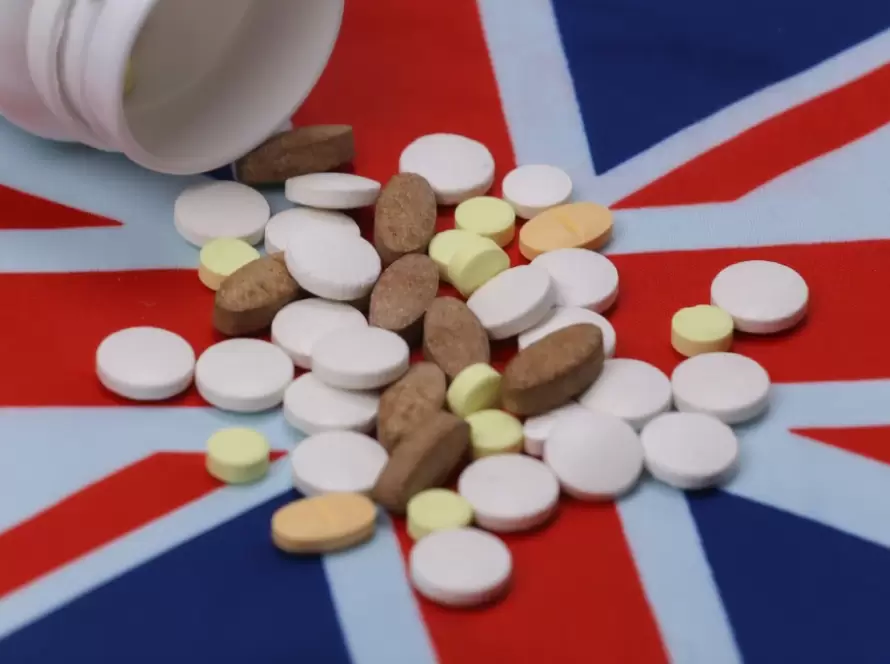A Named Patient Program (NPP) is a unique access program that enables patients to get special access to orphan drugs and unlicensed drugs that are either unavailable in the country or not yet licensed for sale in the country. NPP is frequently used for drugs that are currently in the clinical trials stage that have demonstrated efficacy and safety in the preliminary studies. Products that are still awaiting approval are considered under NPP for the use in patients where there is currently no alternate treatment available and the drug under approval offers promise in the said disease state. NPP is operationally managed by the drug manufacturer who collaborates closely with the healthcare professional to make sure the patient receives the medication in a safe and efficient manner. In fact, on many occasions, the clinical trial investigators request the supply of such trial medicines among their patients who in their opinion can continue to receive benefits from the investigational medicine used in the trial. Making availability of investigational medicines after the clinical trial is completed is known as Post-Trial Access.
Some of the advantages of a Named Patient Program (NPP) include:
- Special access- The Named Patient Program (NPP) offers patients privileged access to drugs that are either not yet available or have not yet received regulatory agency approval in the patient’s home country.
- Patient-centered: The main objective of an NPP is to make potentially life-saving drugs that would not otherwise be accessible to patients with serious or rare diseases available to them.
- Physician lead- NPP is frequently initiated by a doctor or other healthcare professional who asks for the drug on the patient’s behalf.
- Drug manufacturer-managing: To guarantee the patient receives the drugs in a secure and efficient manner, the pharmaceutical manufacturer oversees the NPP and collaborates closely with the healthcare practitioner.
- Restricted use- NPP should only be used in instances where there are no other treatment choices available because they are only meant for limited use.
- Data gathering: In order to learn more about a drug’s effectiveness and safety, the manufacturer may gather data on how it is used.
Some of the disadvantages of a Named Patient Program (NPP) include:
- Limited accessibility- Not all pharmaceutical manufacturers provide NPP. This restricts the access to some unlicensed and orphan drugs.
- Eligibility criteria- Patients must fulfil specific eligibility requirements in order to enroll in the NPP.
- Cost- NPP can be costly because the patient may have to pay out-of-pocket for the prescription if their insurance does not cover it.
- Safety issues- The usage of pharmaceuticals that have not yet received regulatory agency approval may raise safety issues that jeopardies patients.
- Ethical concerns- Accessing pharmaceuticals that have not yet received approval could raise ethical issues because it could be interpreted as skipping around the regular drug approval procedure.
Named Patient Program (NPP) examples include the following:
- Compassionate use programs: These initiatives give people access to new drugs that are currently undergoing clinical trials but have not yet received regulatory agency approval. Patients with rare diseases who are using orphan drugs, and there is no other alternate treatment available qualify for NPP.
- Managed or Special access programs: These initiatives give patients with rare diseases an opportunity to access medicines that are licensed outside their home country.
- Early access programs: These programs give patients access to drugs that are still in development but have shown promise in preliminary clinical trials. They are often utilized for patients who have exhausted all other treatment choices for serious or life-threatening diseases.
- Expanded access programs: These programs give patients access to drugs that are currently being developed but have already undergone preliminary clinical trial testing and are undergoing further advanced testing. Patients with serious or rare diseases can opt for treatment under this program.
Few examples of NPPs:
- Darzalex (daratumumab) is a medication used to treat multiple myeloma, a bone marrow-related malignancy.
- Kalydeco (ivacaftor) is a medication used to treat cystic fibrosis, a hereditary condition of the digestive system and lungs.
- Keytruda (pembrolizumab), and Opdivo (nivolumab) are cancer immunotherapy drugs utilized for treating melanoma, non-small cell lung cancer, and other cancers.
- Spinraza (nusinersen) is a drug used to treat spinal muscular atrophy, a rare disease pertaining to the muscle disorder genetically.
NPP provides as opportunity to patients to access life-saving drugs when all other treatment options are exhausted. NPP provides hope to these patients. NPP is not offered by all pharmaceutical manufacturers. It requires some permits and a close collaboration with healthcare professionals and evaluation of benefits vs. risks of running such programs.


